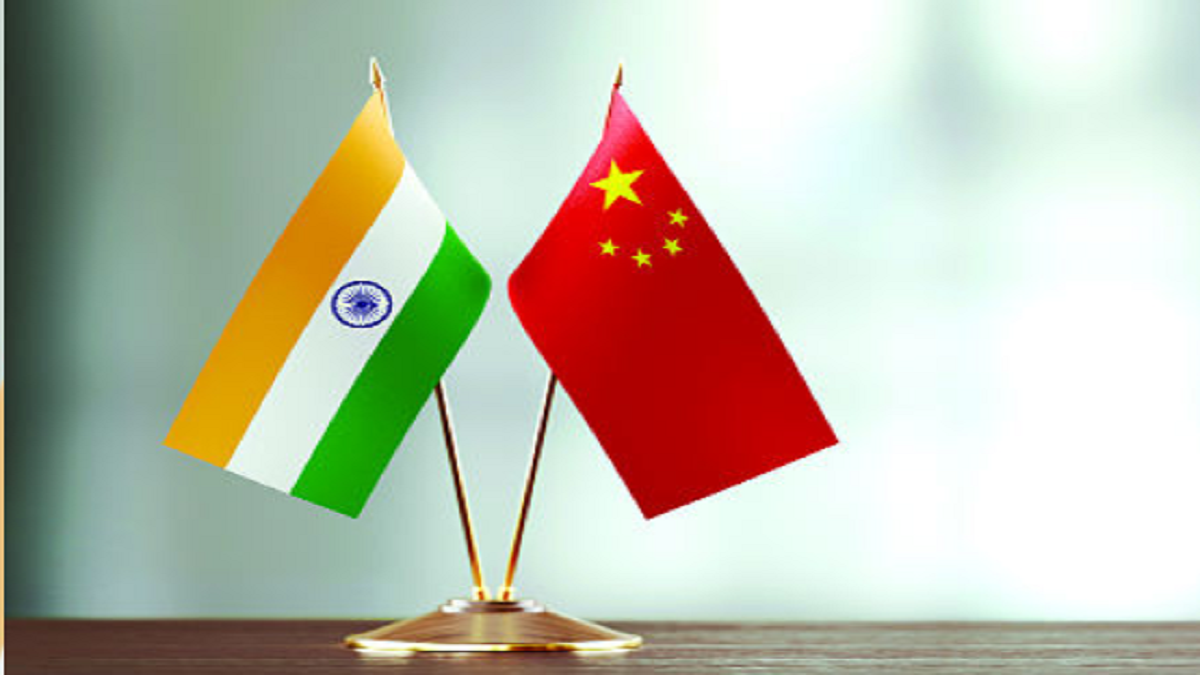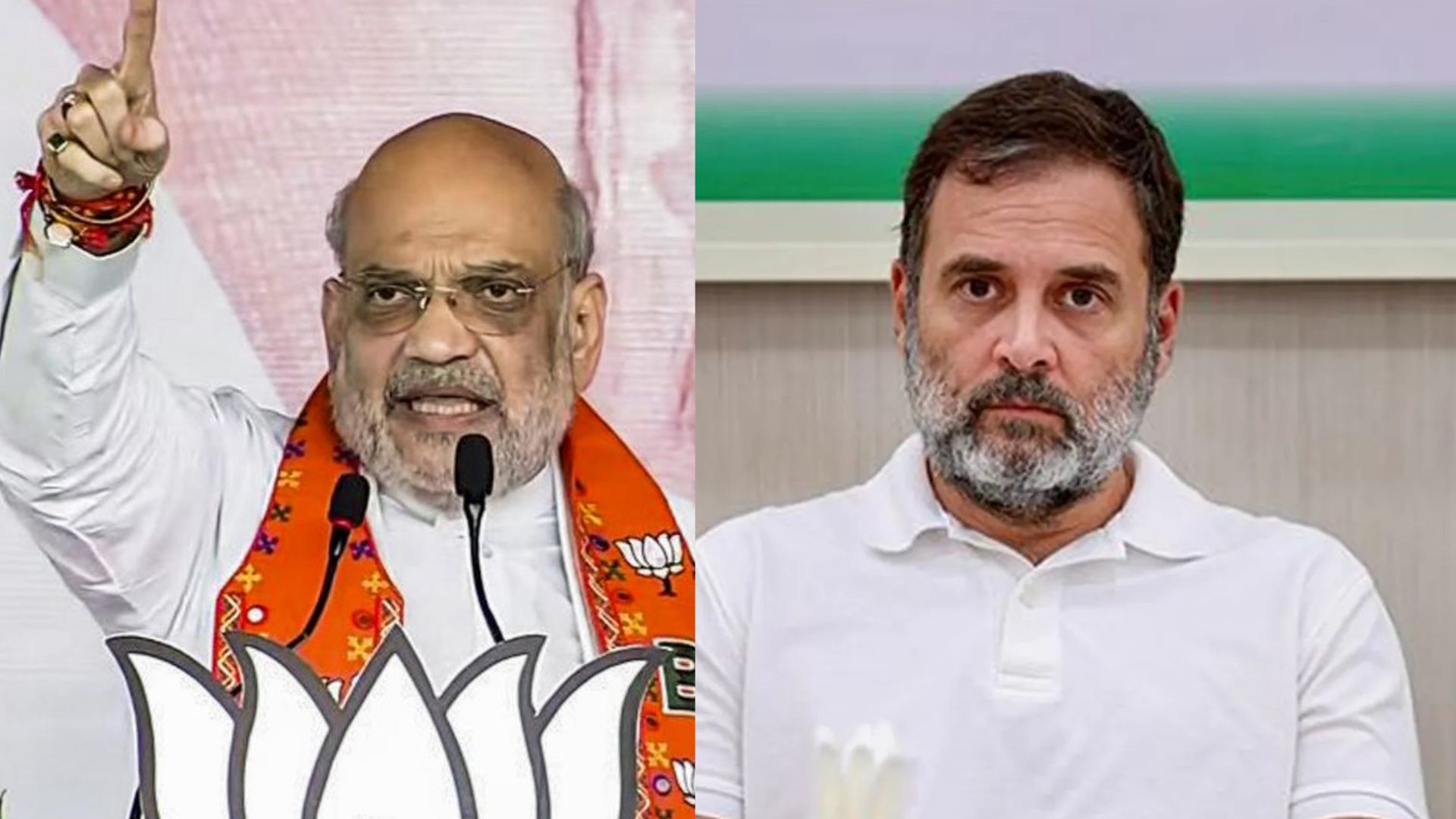
India continuing to press China for an early and complete disengagement of troops in the remaining areas along the Line of Actual Control (LAC) in eastern Ladakh for normal ties between the two nations is a welcome move. This strategy adopted by New Delhi assumes significance amid Beijing’s relentless efforts to impress upon the global community that the bilateral ties are being held hostage to “local events” on the LAC even while the military commanders of the two sides are already discussing the issues in an attempt to settle the dispute. The impression that China wants to create is that India is making the LAC’s “local” event as a precondition for resuming normal bilateral talks and meetings between the two nations. This is exactly what the visiting China’s foreign minister Wang Yi emphasised on while holding talks with External Affairs Minister S Jaishankar and National Security Advisor (NSA) Ajit Doval, on 25 March. During the interactions, Wang reportedly called for a “long term view” saying that India and China, as mature countries, should not allow border issues to affect the overall development of ties. But the response given by both the EAM and the NSA was apt and admirable. Both Jaishankar and Doval, in no uncertain terms, told the visiting Chinese minister that normalization of the border situation is a prerequisite for normalization of the ties between India and China.
In fact, India wants China’s misdeeds along the LAC in eastern Ladakh sector to be seen in a wider perspective by the entire global community including the Quad member states. Contrary to China’s portrayal of ‘LAC happening’ as a “normal local event’, India has, in a very convincing and candid manner, conveyed to the world community that it is a clear case of serious violation of written bilateral agreements by Beijing which is in the habit of expanding its influence in various global areas unlawfully. There is no doubt that several countries in the Indo-Pacific region and elsewhere on the globe are bearing the brunt of China’s expansionist agenda in violation of international laws. That’s where India was trying to draw global attention.
This is the reason why the Indian foreign minister has never missed any opportunity to emphatically underline the fact that China’s aggression along the LAC is violative of bilateral pacts. During the Quad Foreign Ministers Meet in Melbourne, Jaishankar was on record, saying China had violated written agreements by amassing troops along LAC.
“The situation at the LAC has arisen due to the disregard by China in 2020 of written agreements with us not to amass forces at the border. So, when a large country disregards written commitments, I think it’s an issue of a legitimate concern for the entire international community,” Jaishankar had said. Similarly, the EAM utilised the meeting with Wang Yi at Hyderabad House on Friday to convey the same message. After the meeting, Jaishankar also said, “No, our relationship (with China at present) is not normal, given the presence of a large number of troops in contravention of the 1993-96 agreements.” So, the message by the Indian foreign minister about China’s violation of pacts was loud and clear. With the facts like this on record, China’s points about the LAC event cannot, at all, hold water. It should definitely be seen in a wider context and perspective then.
What the Chinese rulers should not lose sight of is that India is aware that China is trying to go scot-free by dismissing the LAC transgression by the PLA as just a local issue to be dealt with only by the military officials. With this in view, New Delhi seems to be determined not to allow Beijing to succeed in its motive, and is, therefore, countering it on all the diplomatic escape routes.
In fact, it is Prime Minister Narendra Modi who led from the front while mounting diplomatic offensive like this against China vis-à-vis the LAC issues. While holding talks with his counterparts from Japan and Australia, the Quad partners, PM Modi categorically emphasised that peace and tranquility in the eastern Ladakh is an essential prerequisite for normalisation of India’s ties with China. At the 14th India-Japan summit recently, PM Modi had conveyed to his Japanese counterpart that India’s ties with China cannot be business as usual until peace is restored in the eastern Ladakh region. So, the strong message for China from the top leadership of the country was that the relationship with Beijing depends on the resolution of the pending issues in eastern Ladakh. With India firmly explaining how the Ladakh issue is beyond what China is trying to describe it as, it will be impossible for Beijing to misguide the global community on the issue of LAC.
There is no denying that China is more than keen to resume bilateral talks and meetings with India on other important issues amid the ongoing Ukraine conflict fraught with possibility of global order undergoing significant changes. Wang Yi, who visited India without any official announcement, wanted to call on PM Modi for this purpose only. He wanted to invite PM Modi for the in-person BRICS summit to be held in China later this year. That India declined his request to call on the PM was also a welcome decision. How could Wang even expect a meeting with the Indian premier after his “uncalled for” Kashmir remarks at a meeting of the Organisation of Islamic Cooperation (OIC) in Islamabad? What Wang betrayed was lack of maturity when he made objectionable remarks on Kashmir hours before reaching India. The question being asked in the diplomatic circles in South Block is whether China is really interested in repairing ties with India or not.














